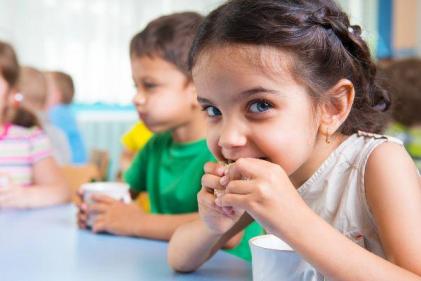Giving our children to the basic building blocks for looking after their mental health is one of the most important things we can do for them as parents. With modules in schools and summer camps increasingly focusing on these topics, it’s more important than ever to help our kids to find their healthy coping mechanisms to set them up for their future
Exercise
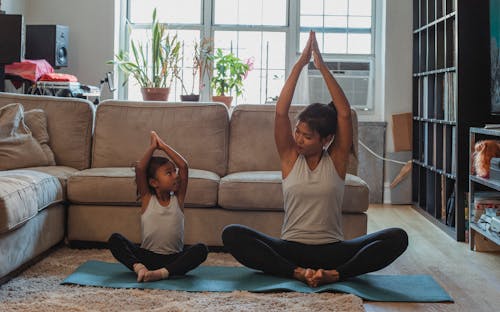
Helping our kids to incorporate exercise into their routine as a healthy stress-reliever is one of the best gifts we can give them. Taking a walk after a bad day at school, a fun Zumba session after a fight with a friend – exercise releases serotonin, the happiness chemical and our brains feel rewarded for the body’s hard work. Helping them to see exercise as a source of calm, fun and focus can create a lasting relationship that will serve their mental health for years to come.
Educate

It’s important to remember that poor mental health in children doesn’t always manifest itself in the same way that it does for adults. They might be more ‘difficult’, acting out more, causing fights – so what might seem like a bold phase could actually be a cry for help. It’s important as parents to educate ourselves on the signs and symptoms of deteriorating mental health so we can help them when they can’t help themselves.
Listen
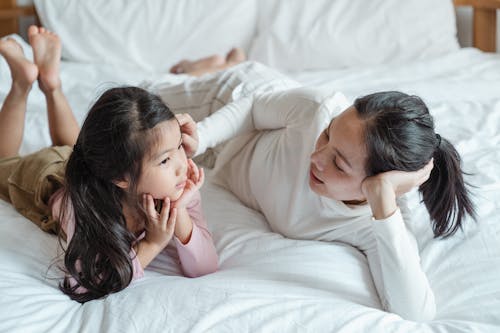
Sometimes, kids don’t want you to fix their problem – they just want you to listen. If every meltdown or upset turns into a lesson or a lecture, they’ll stop confiding in you to avoid being disciplined. So instead, ask them if they want help with the problem, or if they just want someone to listen. Just like us, our kids need to vent and have their feelings validated. This isn’t about throwing a pity party – it’s just feeling heard.
Rest time

As important as it is for kids to be active, it’s equally important to know how to rest. Not a hobby or a friend over, because those are activities, but rather time to themselves where they can truly unwind. It’s tempting to have our kids on the go, but now and again, they need to switch off. Just because video-gaming or watching TV isn’t what you do to unwind, doesn’t mean it isn’t their way of relaxing. Nobody can go 24/7.
Be proud
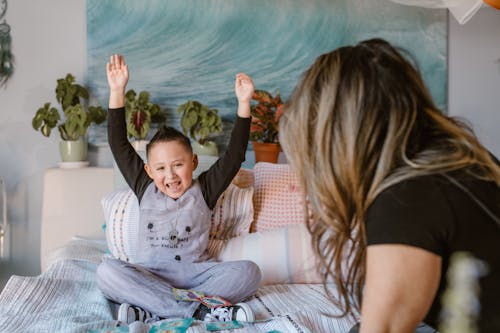
Take pride in their achievements, no matter how small! They got 8/10 in their spelling rather than their usual 6 or 7? Let them know you’re happy for them, making no comment about continuing that higher grade. A colouring that they’re particularly happy with? Put it on the fridge. Encourage the rest of the family to be happy for one another’s wins and encourage your child to be proud of themselves to. Hearing and seeing validation of our achievements is important to us all.
Teach them to cope

When we become overwhelmed as children, we don’t understand why or how it has happened, just that we’re dealing with big emotions that we’re not quite equipped for. But when we can show our children ways to cope with these big emotions, such as breathing exercises or time out exercises, we give them a valuable tool that will help them to process what they’re feeling and calm them down.
Check in
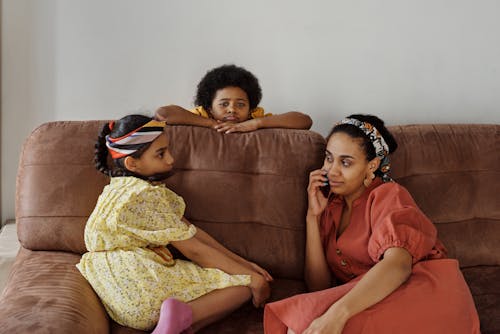
It never hurts – with your friends, your parents, you partner – checking in with someone gives them the freedom to share without feeling like they’re burdening someone who doesn’t have the time or headspace to listen. Sometimes our kids just need to know we’ve set this time aside for them to vent or air their feelings or even just to chat – there may be nothing wrong now in the moment, but it’s about setting the precedent, so they know that these talks are safe spaces to open up.




